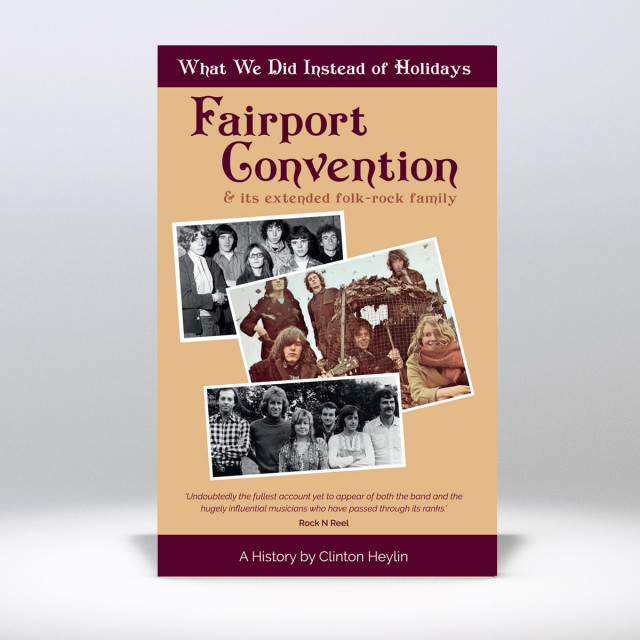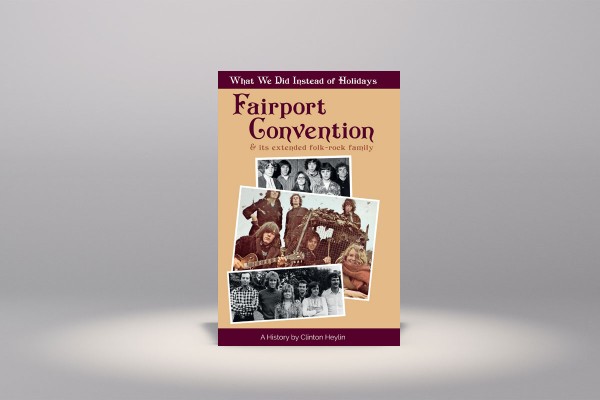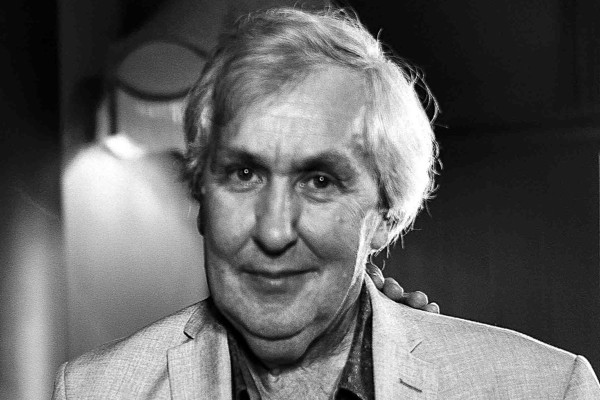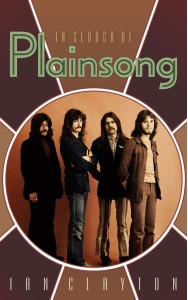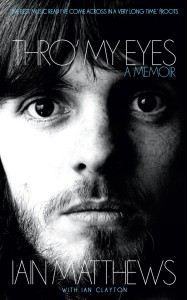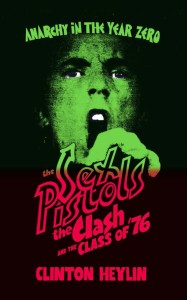A History of Fairport Convention and Its Extend Folk-Rock Family
In June 1968, a group of Muswell Hillbillies made their official album debut as Fairport Convention. In the next fifteen years, three of those founding Fairportees – Richard Thompson, Ashley ‘Tyger’ Hutchings and Simon Nicol – along with the next generation of Fairport recruits – Iain Matthews, Sandy Denny, and the three Daves: Swarbrick, Pegg and Mattacks – would form a veritable dynasty of English folk-rock, each pursuing their own path, but always returning to work with each other, to collectively produce albums with a near-eternal appeal.
Which is why every year since 1979 in a field somewhere near Banbury, 20,000-plus fans have congregated to celebrate this music’s enduring appeal at the Cropredy Festival.
So, fifty years on, now seems like the right time to tell the full story: to collect all the family lore that surrounds Fairport and its surrogates, and to disentangle the many highs and lows from those first fifteen years of Fotheringport Confusion.
Drawing on interviews with all the musicians and key figures in English folk-rock – including producers extraordinaire Joe Boyd and Sandy Roberton – Clinton Heylin has produced the definitive history of a folk-rock family in its golden era.
Paperback.
By buying direct from Route, you are helping to support independent publishing.
| Kindle Editon |
Also available from Amazon in these countries, with free shipping option:
UK | IE | US | CA | AU | DE | FR | NL | ES | IT | PL | SE | JP | BE
